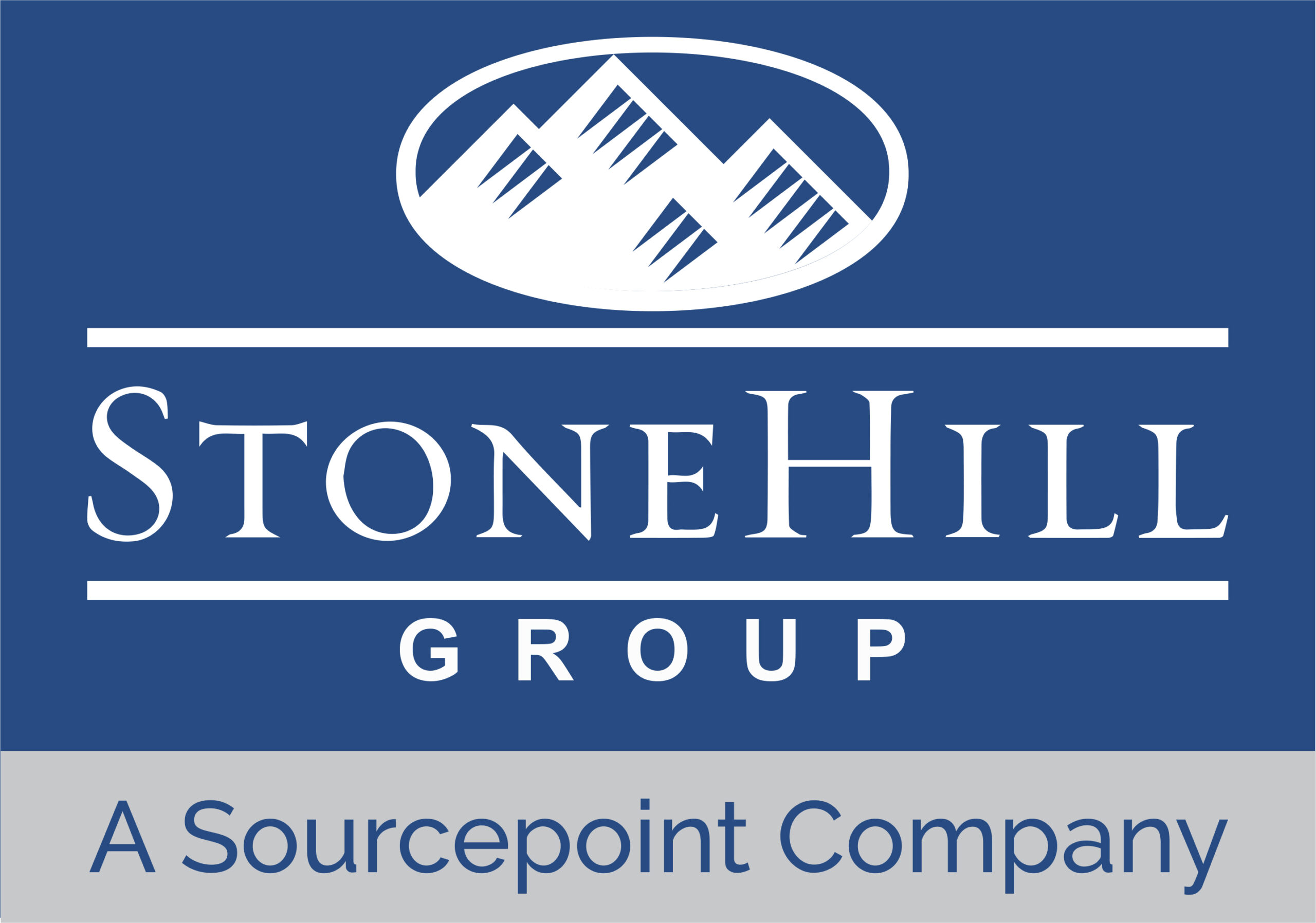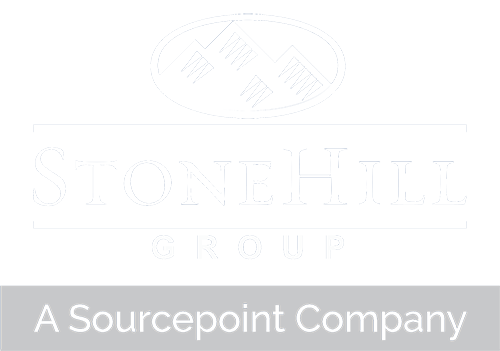It’s a little-known fact that California is home to the world’s largest and most productive water system, which serves more than 30 million people and irrigates more than 5.7 million acres of farmland. As massive as it is, however, it’s also one of the most unpredictable water systems.
Normally, massive amounts of snow melt off the Sierra Nevada mountains and rivers rage with water, filling the Central Valley. But in drought years, the state must rely on other sources, including reservoirs, groundwater and increasingly, seawater desalination plants. And invariably, water quality is impacted when water is scarce.
The mortgage industry is experiencing a very similar dynamic right now. For the past two years, as rates plummeted to historical lows—due largely to outside factors—originators and servicers have enjoyed the rushing rapids of origination volume. Now that rates are rising and refi volumes have slowed, organizations need to find other areas of growth, such as non-QM loans and mortgage servicing rights.
But like California’s water system, loan quality becomes an issue when volumes are slow—which means most organizations are facing some very significant decisions.
Where We’re Heading
One day, mortgage lenders, servicers and investors may look back on 2021 as a unique time in the mortgage industry. It was a period of many waves set off by external market influences and fueled by the Fed’s quantitative easing policies, which pumped $128 billion into the economy every month. With lower rates, an unprecedented number of Americans refinanced their homes, many of them twice, while millions of buyers competed with inflated home prices. Indeed, we may never see a market like it again.
Mortgage lenders can be forgiven for responding to these forces in knee-jerk fashion rather than focusing on planned, strategic growth—they had little time to do otherwise. Most hired feverishly to deal with capacity issues, dangling hefty bonuses for skilled underwriters and loan officers and removing overtime limits. Others outsourced some or all their processing work either to augment staff, increase efficiency, or both. By large, almost every organization saw revenue growth, but also thinning margins and quality degradation.
Today, the mortgage rapids are no longer raging, and a completely different picture is taking shape. Lenders are focused on preserving revenues, repairing margins, and, in some cases, reducing staff. Higher rates and inflation dropped loan volume more quickly than most of us anticipated. There was no six- to nine-month winddown. It felt more like a drop off a cliff.
Despite this new reality, many originators we talk to expect to grow. But the reality for them is, with refinance business gone, they are losing a third of their business, so they need to increase volume by more than one-third to grow. Many are now asking, “what other types of loans can we originate?” And for the most part, these “other types” are non-QM loans, which have a broader credit box and a higher risk profile. We’re now seeing originators roll out this higher risk product because they need the volume.
This is a night and day switch for most originators. When everyone was making hay with refi’s, quality was less important, because it was mostly about client retention. All the major underwriting factors were present and known for the most part, there was no real change to the borrower’s risk profile. With non-QM loans, the underwriting is completely different. Lenders can try to generate the same amount of volume, but the product mix is going to carry much more risk.
For mortgage servicers, opportunities crop up in the purchase of MSRs, because higher rates mean they’re making more money. But servicers also face additional risks, including heightened oversight and enforcement. This is happening at a time when the financial situation of many borrowers has not changed, and with the foreclosure moratorium now gone, an increase in foreclosures is on the horizon—in fact, it’s already starting. This also means loss mitigation efforts are picking back up as well.
Why Quality Matters More
When California experiences low snowpack and its rivers slow down, water quality becomes a major issue. In fact, it’s during dry seasons that California’s water quality suffers. Lower stream and river flow often result in a higher concentration of water pollutants, while rising temperatures in lakes and reservoirs lead to reduced oxygen levels that also impacts water quality.
Again, the mortgage industry experiences something similar, but for different reasons. One might think that with less volume, originators have more time to focus on improving loan quality. But the opposite is often true because they also must spend their resources on growing business.
Organizations are also under increasing pressure to maintain quality. Many federal and state agencies cut originators and servicers some slack during the pandemic to keep business moving. But that’s now over, and there’s a cost to both lenders and servicers who choose not to fall back on sound business principles of making sure what they’re doing is done right.
When mortgage rapids slow, state and federal regulators and investors have more time to think about quality, too. According to Matt McVay, director of quality control at The StoneHill Group, these agencies have become very active in recent months and are busy peeking over the shoulders of lenders and servicers, looking for incomplete or incorrect disclosures, miscalculated fees, and missed timelines.
“Investors are looking more closely at organizations as well, which may lead to increasing numbers of repurchases,” McVay says. “So are Fannie Mae and Freddie Mac, which are already encouraging originators to pass on feedback to appraisers and appraisal management companies (AMCs) and hold them accountable for the quality of products they deliver. Agencies and regulators are also on the lookout for bad loans and all types of servicing functions, and handing out fines, which means organizations will need to shift resources toward loss mitigation and creating sound defenses for repurchases and audits.”
Decisions to Make
Given the need to find new ways to generate business while spending more attention to quality, many organizations that outsourced quality control functions to third parties may be inclined to bring these processes in-house. Before doing so, however, they should think about the consequences of this decision and how it will affect their margins, and perhaps consider other options.
Keep in mind that, by internalizing quality control and using existing staff, organizations that may be causing quality issues will now be responsible for fixing them—on top of finding ways to generate more business. In doing so, they will also be deploying precious human resources on a function that is purely expense-driven and is directly in conflict with the of maximizing revenues and improving margins.
Lenders and servicers need to ask themselves what is core to their business—is it originating and servicing loans, or is it being a quality expert? It has been said an organization should never outsource a process or function that is a core competency. However, the inverse of that also bears truth. In other words, an organization should not internalize a process or function that is not a core competency.
For example, an originator may consider their post-closing processes core to their business. But is it really a core competency? Are they optimized to perform post-closing in a cost-effective manner, especially for new products such as non-QM loans? Is managing quality truly how they add value to the marketplace? Or are they better leaving post-closing to experts who understand the regulations and to whom post-closing is a core competency, so they can focus their attention on serving customers?
One way or another, every organization is facing these decisions. And invariably, the choices they make will affect margins. The good news is there is still time to think strategically about which path makes the most sense for their organization, unlike 2021, when raging waters forced many into making kneejerk decisions just to manage capacity. Today, they have more time and control to manage resources wisely and take ROI into account.
In most cases, continuing to outsource quality may be in an organization’s best interest. Doing so enables organizations to continue deploying their assets on activities that generate revenue rather than create additional expenses. If they already have a trusted quality control provider, that provider should be able to help identify new areas of risk when pursuing new business opportunities, whether these opportunities lie in loan products that demand stronger risk management or obtaining MSRs that require enhanced reviews.
It’s important to remember that, while every mortgage cycle is unique, our industry is in truly unprecedented territory. We’ve just left one of the most phenomenal origination markets we may ever see; one that was shaped and inflated by outside forces, and we’re now experiencing the highest interest rates we’ve seen in years, which will inevitably lead to a contracting and more difficult origination market and soaring MSR volumes.
Like any market transition, there are an equal number of challenges and opportunities. But like the millions of Californians who rely on clean water for their families and crops, no organization will be able to successfully navigate today’s mortgage landscape without paying attention to quality.
Of course, quality has never been unimportant. As Henry Ford said, “Quality means doing it right when no one is looking.” But quality is at least equally important when everyone is looking. And in 2022, you can be sure they will.
This article was written by Patrick Gluesing, EVP, Head of The StoneHill Group, a Sourcepoint company and was originally published on MBA NewsLink.

